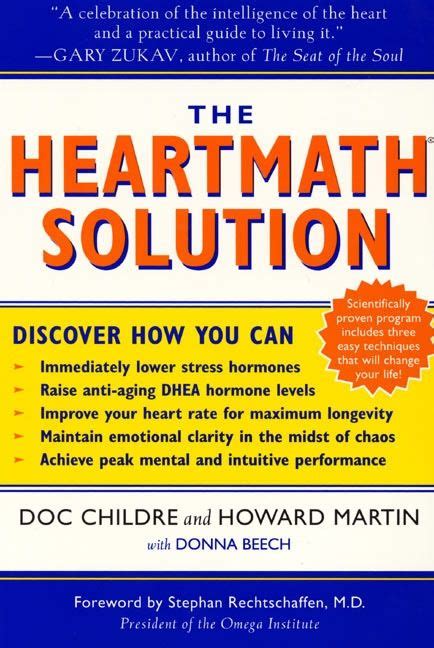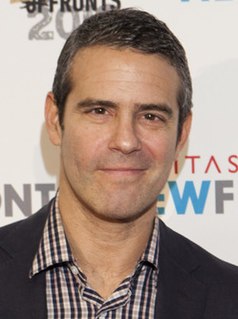A Quote by William Carlos Williams
Being an art form, verse cannot be "free" in the sense of having no limitations or guiding principle.
Related Quotes
What will be required to increase the quality of life and health is a coming together of technology and values, based on a scientific guiding principle that people can agree on. Securing a healthy global future requires this guiding principle to preserve freedom of spirit yet be as provable as the laws of physics. A guiding principle that addresses the meaning of life and is compelling enough to generate social cohesion and behaviors that serve the greater whole. After thirty years of investigation and research, it has become clear to me that the answer lies within the human heart.
I know that one of the things that I really did to push myself was to write more formal poems, so I could feel like I was more of a master of language than I had been before. That was challenging and gratifying in so many ways. Then with these new poems, I've gone back to free verse, because it would be easy to paint myself into a corner with form. I saw myself becoming more opaque with the formal poems than I wanted to be. It took me a long time to work back into free verse again. That was a challenge in itself. You're always having to push yourself.
I compelled myself all through to write an exercise in verse, in a different form, every day of the year. I turned out my page every day, of some sort - I mean I didn't give a damn about the meaning, I just wanted to master the form - all the way from free verse, Walt Whitman, to the most elaborate of villanelles and ballad forms. Very good training. I've always told everybody who has ever come to me that I thought that was the first thing to do.
The problem has to be answered by means of art, because you can't blast them with bliss. Tat freaks them out even more. So instead, you have to have an artful way of approaching them. You do a dance for them, you get them to imagine being interconnected, and to imagine being free of their suffering, and not so self involved, through art that draws them out. Then you, and they, are all established in what's called a Buddha-verse, or Buddha-land







































